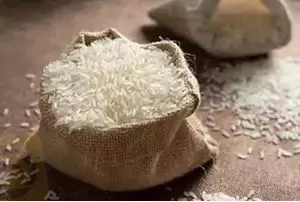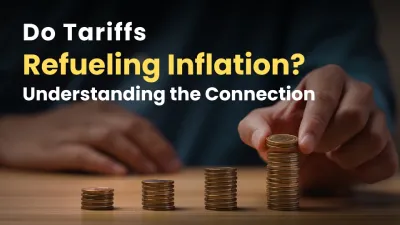简体中文
繁體中文
English
Pусский
日本語
ภาษาไทย
Tiếng Việt
Bahasa Indonesia
Español
हिन्दी
Filippiiniläinen
Français
Deutsch
Português
Türkçe
한국어
العربية
Indian rice rates ease, soaring inflation feeds into Vietnam prices
Abstract:Top exporter India's 5% broken parboiled variety was quoted at $364 to $368 per tonne, down from last week's $365-$369, on a weak rupee and higher supplies after the extension of the government's plan of providing free food grains to poor people.
Prices of rice exported from India dipped this week as supplies increased, while soaring inflation in Asia seeped into Vietnamese prices despite muted trading activity.
Top exporter India's 5% broken parboiled variety was quoted at $364 to $368 per tonne, down from last week's $365-$369, on a weak rupee and higher supplies after the extension of the government's plan of providing free food grains to poor people.
Bangladesh, traditionally the world's third biggest rice producer with around 35 million tonnes of annual output, expects to produce 20 million tonnes of summer rice variety this season.
Vietnam's 5% broken rice were offered at $420-$425 per tonne, versus $400-$415 last week.
“Prices rose due to the general inflation situation in the world, especially food prices,” a trader in Ho Chi Minh City said.
“Farmers have to pay more for fertilisers and pesticides.”
However, trading activity remains quiet, and the winter-spring harvest in the Mekong should be completed by month-end.
Spiralling prices for ingredients and material that started with supply chain snags during the COVID-19 pandemic and now being propped up by the war in Ukraine, are squeezing businesses and consumers in Asia.
Thailand's 5% broken rice prices were unchanged at $408-$412 a tonne, as the market was closed for Songkran, the traditional New Year holiday.

Disclaimer:
The views in this article only represent the author's personal views, and do not constitute investment advice on this platform. This platform does not guarantee the accuracy, completeness and timeliness of the information in the article, and will not be liable for any loss caused by the use of or reliance on the information in the article.
Read more

Why Fed Keeps Interest Rates Unchanged, How Does It Affect To Forex Market?
Fed keeps interest rates at 4.25%–4.50%, impacting forex market. Dollar may rise as tariffs loom. Explore why rates unchanged and forex effects.

Do Tariffs Refueling Inflation? Understanding the Connection
Investigate how tariffs impact inflation. Learn how trade barriers influence prices and the broader economic landscape.

Will Trump's Trade Policies Fuel Inflation? BlackRock Warns of Economic Risks
Bitcoin and crypto prices plummet as recession fears and inflation warnings shake markets. Experts warn of prolonged economic challenges ahead.

How Will Central Bank Digital Currencies Could Shape Everything?
Central bank digital currencies (CBDCs) could reshape financial stability, addressing inflation, banking risks, and monetary policy challenges.
WikiFX Broker
Latest News
The Withdrawal Trap: How Scam Brokers Lure Victims into Paying More
FCA to Investors: Think Twice Before Trusting These Brokers
Trump\s tariffs: How could they affect the UK and your money
Trump gambles it all on global tariffs he\s wanted for decades
TradingView Brings Live Market Charts to Telegram Users with New Mini App
Trump tariffs: How will India navigate a world on the brink of a trade war?
IG Group Acquires Freetrade for £160M to Expand UK Investment Market
U.S. March ISM Manufacturing PMI Released
Should You Beware of Forex Trading Gurus?
Exposed by SC: The Latest Investment Scams Targeting Malaysian Investors
Currency Calculator







